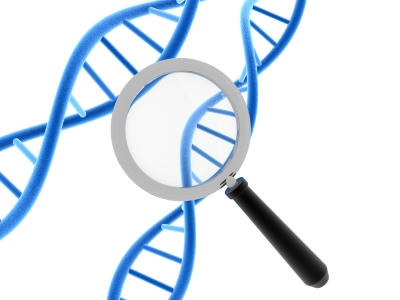NIH awards $14.5 mn to advance DNA sequencing techniques
August 10, 2014 | Sunday | News | By BioSpectrum Bureau
NIH awards $14.5 mn to advance DNA sequencing techniques
Advanced DNA Sequencing Technology at NHGRI began in 2004
Bangalore: National Institutes of Health has awarded $14.5 million to Advanced DNA Sequencing Technology program of National Human Genome Research Institute (NHGRI) to support the development of low cost DNA sequencing technology through advancements in nanopores and microfluidics technology.
The new group of awards, which total more than $4.5 million in the first year, is wide-ranging, and includes several research projects directed at improving the use of nanopores in DNA sequencing or creating nanopore arrays to enable large-scale DNA sequencing efforts.
One of the projects will explore the use of microfluidics in DNA library preparation. A library is a collection of stretches of physical DNA. Microfluidics can be used to capture small amounts of liquid in hair-thin channels and wells. Another team plans to test a method using an enzyme to amplify a signal that will help identify DNA bases.
"While we continue to support many research projects centered on the development of nanopore technology, some of the new grants focus on additional unique approaches to sequencing DNA," said Mr Jeffery Schloss, program director, Genome Technology, NHGRI. "Despite discussion about approaching the goal of sequencing a genome for only $1,000, many challenges remain in terms of containing costs and achieving a high quality of DNA sequencing data," he added.
This group of awards is the last for the Advanced DNA Sequencing Technology program, which began in 2004.
"There haven't been many programs like this anywhere else over the years," Dr Schloss said. "NHGRI has had a hand in supporting some very novel research, and has helped chart exciting new directions for DNA sequencing technology."









